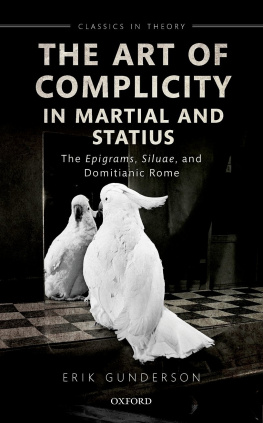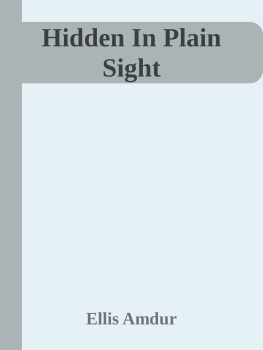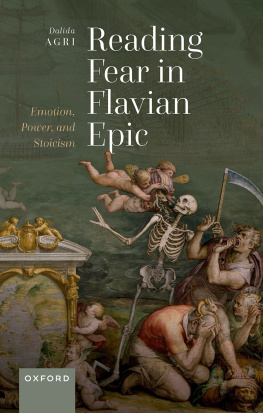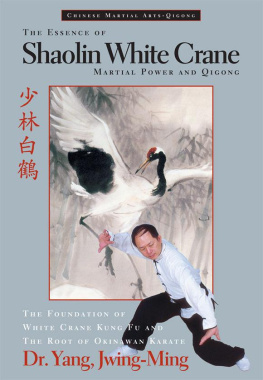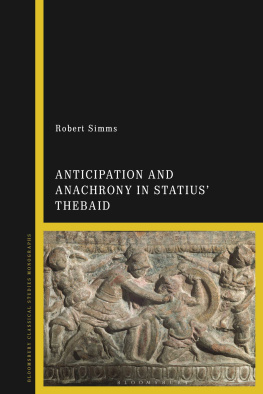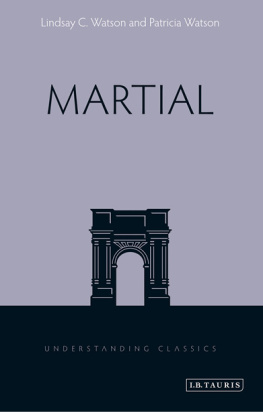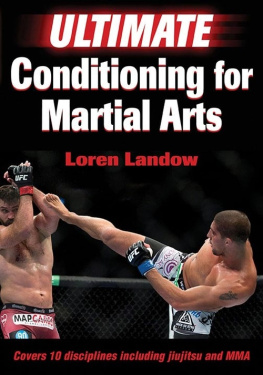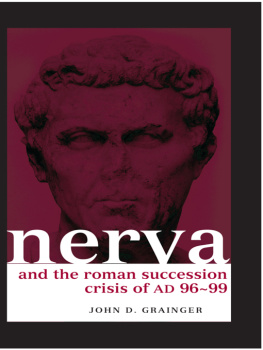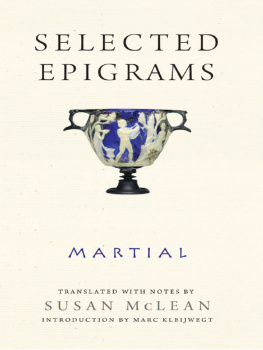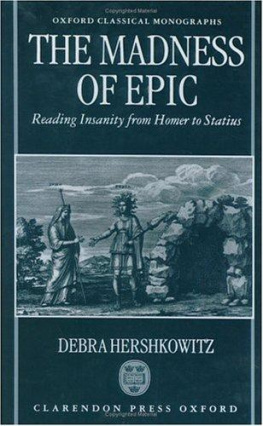Brooke A. Holmes
Classics in Theory
Classics in Theory explores the new directions for classical scholarship opened up by critical theory. Inherently interdisciplinary, the series creates a forum for the exchange of ideas between classics, anthropology, modern literature, philosophy, psychoanalysis, politics, and other related fields. Invigorating and agenda-setting volumes analyse the cross-fertilizations between theory and classical scholarship and set out a vision for future work on the productive intersections between the ancient world and contemporary thought.

Great Clarendon Street, Oxford, OX2 6DP, United Kingdom
Oxford University Press is a department of the University of Oxford. It furthers the Universitys objective of excellence in research, scholarship, and education by publishing worldwide. Oxford is a registered trade mark of Oxford University Press in the UK and in certain other countries
Erik Gunderson 2021
The moral rights of the author have been asserted
First Edition published in 2021
Impression: 1
All rights reserved. No part of this publication may be reproduced, stored in a retrieval system, or transmitted, in any form or by any means, without the prior permission in writing of Oxford University Press, or as expressly permitted by law, by licence or under terms agreed with the appropriate reprographics rights organization. Enquiries concerning reproduction outside the scope of the above should be sent to the Rights Department, Oxford University Press, at the address above
You must not circulate this work in any other form and you must impose this same condition on any acquirer
Published in the United States of America by Oxford University Press
198 Madison Avenue, New York, NY 10016, United States of America
British Library Cataloguing in Publication Data
Data available
Library of Congress Control Number: 2021940828
ISBN 9780192898111
ebook ISBN 9780192653086
DOI: 10.1093/oso/9780192898111.001.0001
Printed and bound by
CPI Group (UK) Ltd, Croydon, CR0 4YY
Links to third party websites are provided by Oxford in good faith and for information only. Oxford disclaims any responsibility for the materials contained in any third party website referenced in this work.
For Tom
Contents
The students in my over-broad Complicity seminar put up with a lot. From their suffering came my wisdom. They helped me to see how everything could be put far more clearly and succinctly. If the book is neither clear nor succinct, know at least that things were once much, much worse. Charlotte Loveridge and Karen Raith were a pleasure to deal with at the press, both helped move the project forward swiftly and painlessly despite the fact that the world and everything in it was a mess. John Henderson of erstwhile anonymity was wonderful, as ever: so painfully generous with time and genius. I need to write another book, if only to get a chance to acknowledge more of the support and inspiration he has provided over the years. The presss other reader I cannot name, but I nevertheless owe him or her a debt of gratitude for, among other things, making me worry about my own tyranny and so perhaps saving others from it, at least in some measure.
Consider the gap between the Domitianic discourse of the Domitianic age and the next eras discourse of the Domitianic age. What had been the best of times was presently denounced as the worst of times. Furthermore it is not at all clear that this distance between these two versions of the Domitianic measures a shared conceptual unit. That is, the Domitianic discourse of power, even if distorted, does not seem to be structured along quite the same logic as is the Antonine discourse of Domitianic power. And the latter is a distorted discourse as well. If one elects to follow up on Foucaults insight and to deprecate the repressive model of power, then an agenda presents itself. If power is fertile and productive, rather than negative and constraining, then when it comes to the case of imperial power viewed as a discourse more broadly and not just as the concrete institutional capacity for an emperor to give an order and see it executed, who stood to gain? A naive, direct answer is incomplete. The advantaged party is not simply a partisan of a cause or an individual emperor. Imperial power was a modality of sovereignty, legitimacy, and participation. In the discourse of power that surrounds the Domitianic age, what sorts of Romanness were enabled, solicited, and fostered? How? On what occasions? By whom? Who, then, is the imperial subject, and what makes him tick?
In the case of the Antonines, the need for an appraisal of their claims about the past is glaring. The men denouncing the Domitianic era had themselves been politically active during that same period. What more does one need to know other than that the situation was revolting?
The cynical appraisal of imperial life is important and compelling. But the portrait of a world full of mere actors who mouthed empty lines itself comes to feel two-dimensional. The discourse of the subject and power produced within the Domitianic age unfolds a rich constellation of problems. The Antonines denounce something that is both too simple and to one side of this discourse. And so I have opted to offer a reading of the Domitianic portrait of Domitianic literature. Such an agenda potentially entails a species of meta-complicity: if the authors get to set the terms of the debate, then one is all too likely to end up on one side of it in the end. Similarly, one may well overlook key issues that have been pointedly suppressed by the authors of the hour. Nevertheless, the converse failing is, at least in the case of Domitianic literature, familiar enough: disgusted, one fails to give ear to these self-serving, boot-licking flatterers of power. Their praise turns into self-indictment. One denounces and moves on. A new age conveniently dispenses with an old one without asking too many inconvenient questions.
But if we linger, ones relationship to the material on hand becomes a somewhat fraught affair. And this is one of the points of the whole study: can politics and art be tidily separated at any layer of analysis? The poems are never merely political, nor are they simply art, and this is true evenespecially?when we are invited by the verse itself to draw distinctions and to set down lines of demarcation. Even if the contents of a poem were somehow purely apolitical, does not the apolitical posture itself reek of politics? Even when speaking most directly to power, is the speech ever just political without also itself constituting an aestheticized political object? And the lovely speech-object so produced is itself objectifying contemporary politics as a thing of wonder and beauty.
The pseudo-antinomy of art as set against politics cannot be sustained. Any desire to say that we are dealing with eitheror must yield to a story of bothand. Our reluctance to engage in a discourse of guilt and innocence is almost reflexive, especially in the wake of the over-hasty denunciations of the Antonines who seem all too eager to cast judgements. But it is, in its own way, perverse for us to maintain neutrality given the loud shouting of all parties that the affair at hand is indeed politically and socially charged. The critic who decides that what confronts him or her is merely a question of artistry has in practice taken a side both relative to the past and relative to the present. And so one has no choice but to decide what to do about all of the sticky questions before us. And they are sticky because they stick to us as well.

